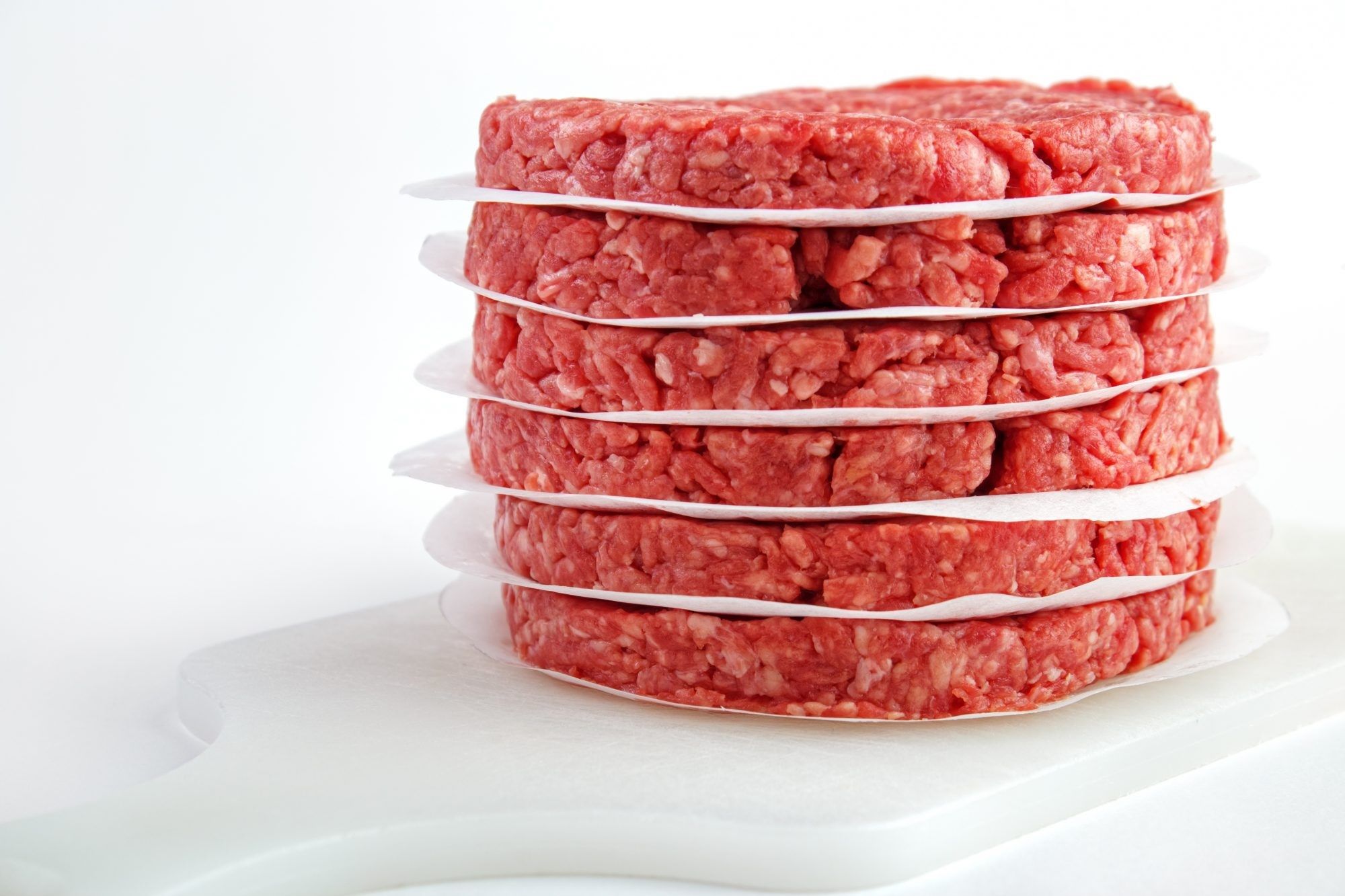

Articles
How To Store Hamburger Meat
Modified: December 7, 2023
Learn the best methods for storing hamburger meat with our informative articles. Keep your meat fresh and safe to enjoy delicious burgers anytime.
(Many of the links in this article redirect to a specific reviewed product. Your purchase of these products through affiliate links helps to generate commission for Storables.com, at no extra cost. Learn more)
Introduction
Hamburger meat is a popular ingredient used in many delicious dishes, including hamburgers, meatballs, and tacos. However, it is essential to store hamburger meat properly to ensure its freshness and prevent the growth of harmful bacteria that can cause foodborne illnesses.
In this article, we will explore the importance of properly storing hamburger meat, understand its shelf life, and learn the best storage methods to maintain its quality. Whether you have recently purchased hamburger meat or have leftovers from your last cookout, these tips will help you store it correctly and enjoy it safely.
So, let’s dive in and discover everything you need to know about storing hamburger meat!
Key Takeaways:
- Properly storing hamburger meat is crucial for preventing foodborne illnesses, minimizing waste, and enjoying cost savings. Follow recommended storage methods to maintain freshness and safety.
- Whether refrigerating for short-term storage or freezing for long-term preservation, proper packaging and temperature control are key to maintaining hamburger meat quality. Thaw frozen meat safely to ensure optimal taste and safety.
Read more: How To Store Hamburger Buns In The Freezer
Importance of Properly Storing Hamburger Meat
Properly storing hamburger meat is crucial for maintaining its quality and ensuring food safety. Here are some key reasons why it is important to handle and store hamburger meat correctly:
- Prevent Foodborne Illnesses: Hamburger meat, like any other type of ground meat, is more susceptible to bacterial contamination due to its increased surface area. Storing it at the right temperature and for the appropriate duration can help prevent the growth of harmful bacteria such as E. coli and Salmonella, which can cause serious foodborne illnesses.
- Maintain Freshness: Proper storage techniques can help preserve the freshness of hamburger meat, ensuring that it stays flavorful and safe to consume. It also helps prevent the development of unpleasant odors and flavors that can result from improper storage.
- Minimize Food Waste: By storing hamburger meat correctly, you can extend its shelf life and reduce the risk of spoilage. This allows you to make the most of your purchase and avoid unnecessary waste.
- Cost Savings: When you store hamburger meat properly, you can buy in bulk or take advantage of special deals without worrying about it going bad. This can result in significant cost savings over time.
By understanding the importance of proper storage, you can ensure that your hamburger meat remains safe to eat, retains its quality, and maximizes its shelf life.
Understanding Hamburger Meat Shelf Life
To effectively store hamburger meat, it is crucial to understand its shelf life. The shelf life refers to how long the meat can be safely stored before it starts to deteriorate in quality and pose a risk of foodborne illness. Here are some key factors that affect the shelf life of hamburger meat:
- Packaging: The packaging of the hamburger meat plays a significant role in determining its shelf life. If the meat is purchased from a butcher, it is often wrapped in butcher paper or stored in a tray covered with plastic film. For pre-packaged hamburger meat, it is usually sealed in airtight plastic packaging that helps to preserve its freshness.
- Date of Purchase: The age of the hamburger meat at the time of purchase is an important consideration. Always check the “sell by” or “use by” date on the packaging to ensure you are buying meat that is still within its recommended shelf life.
- Temperature: Hamburger meat should be stored at temperatures below 40°F (4°C) to slow down bacterial growth. Perishable foods like ground meat are highly susceptible to bacterial contamination, so keeping them cold is crucial for maintaining food safety.
- Handling and Contamination: Proper handling of hamburger meat is essential to prevent cross-contamination and spoilage. Make sure to store the meat separately from other foods, particularly those that are ready-to-eat, to avoid the transfer of bacteria.
- Quality and Freshness: The quality of the hamburger meat at the time of purchase also affects its shelf life. Freshly ground meat will have a longer shelf life compared to meat that has been sitting at the store for an extended period.
Typically, fresh hamburger meat can be stored in the refrigerator for 1 to 2 days, while frozen hamburger meat can be kept for 3 to 4 months without significant quality deterioration. However, it’s important to note that these are general guidelines, and the specific shelf life may vary depending on the factors mentioned above.
By understanding these factors, you can make informed decisions about how to store and consume your hamburger meat to maximize its shelf life and maintain its quality.
Preparing Hamburger Meat for Storage
Before you can store hamburger meat, it is essential to properly prepare it. Here are some steps to follow when preparing hamburger meat for storage:
- Handling: Wash your hands thoroughly with soap and warm water before touching hamburger meat to avoid spreading bacteria. Use clean utensils and cutting boards to prevent cross-contamination.
- Dividing and Portioning: If you have purchased a large quantity of hamburger meat, consider dividing it into smaller portions for easier storage and future use. This will also help minimize the frequency of opening and closing the package, reducing the risk of spoilage.
- Seasoning: If you prefer to season your hamburger meat before storage, use dry seasonings rather than wet ingredients like sauces or marinades. Wet ingredients can affect the texture and quality of the meat during storage.
- Labeling: To avoid confusion and ensure proper rotation, label each portion or package of hamburger meat with the date of preparation. This will help you keep track of the freshness and determine which ones to use first.
By taking these steps, you can ensure that your hamburger meat is properly prepared for storage and minimize the risk of bacterial contamination or spoilage.
Best Storage Methods for Hamburger Meat
To maintain the quality and safety of hamburger meat, it is essential to choose the right storage method. Here are the best storage methods for hamburger meat:
- Refrigeration: When storing hamburger meat in the refrigerator, it is crucial to keep it at a temperature below 40°F (4°C). Ensure that the meat is tightly wrapped or stored in an airtight container to prevent exposure to air. Refrigeration is suitable for short-term storage, typically 1 to 2 days.
- Freezing: Freezing hamburger meat is an excellent option for long-term storage. Wrap the meat tightly in plastic wrap or place it in a freezer-safe bag, removing as much air as possible. For better protection, consider using a double-layer of wrapping or vacuum-sealed bags. Properly frozen hamburger meat can stay fresh for 3 to 4 months.
It’s important to note that while both refrigeration and freezing can effectively preserve hamburger meat, freezing provides a longer shelf life and helps maintain better quality.
Remember, the key to successful storage is to minimize exposure to air and moisture, as they can lead to freezer burn or spoilage. Ensure that the storage containers or bags are airtight and sealed properly to protect the hamburger meat.
Additionally, always store hamburger meat away from other foods, particularly those that are ready-to-eat, to prevent cross-contamination.
By following these recommended storage methods, you can keep your hamburger meat fresh, safe to eat, and ready to use whenever you’re craving a delicious meal.
Store hamburger meat in the coldest part of the refrigerator, preferably on the bottom shelf. Use it within 1-2 days if refrigerated, or freeze it for up to 3-4 months for best quality.
Read more: How Long To BBQ Hamburgers
Storing Hamburger Meat in the Refrigerator
When it comes to storing hamburger meat, the refrigerator is a convenient option for short-term storage. Here are some steps to follow when storing hamburger meat in the refrigerator:
- Keep it Cold: Ensure that your refrigerator is set at a temperature below 40°F (4°C) to maintain food safety and slow down bacterial growth. Use a refrigerator thermometer to verify the temperature if necessary.
- Proper Packaging: Wrap the hamburger meat tightly in plastic wrap or place it in an airtight container. This helps prevent exposure to air, which can lead to spoilage and freezer burn. If you have divided the meat into smaller portions, it’s a good idea to wrap each portion individually.
- Choose the Right Shelf: Store the hamburger meat on a low shelf in the refrigerator, where the temperature is more consistent. This prevents any potential drips or liquids from contaminating other food items in the fridge.
- Separate from Other Foods: To avoid cross-contamination, store hamburger meat separately from other food items, especially those that are ready-to-eat. This prevents the transfer of bacteria and potential foodborne illnesses.
- Use First-In, First-Out (FIFO) Method: If you have multiple portions of hamburger meat stored in the refrigerator, use the oldest one first. This helps to ensure that you consume them before they reach their expiration date and maintain the best quality.
It is important to note that hamburger meat stored in the refrigerator has a limited shelf life of approximately 1 to 2 days. Therefore, it is best to plan your meals accordingly and consume the hamburger meat within this timeframe to ensure its freshness and safety.
By following these guidelines, you can effectively store hamburger meat in the refrigerator, keeping it fresh and safe until you are ready to use it.
Freezing Hamburger Meat
Freezing hamburger meat is an excellent method for long-term storage, allowing you to preserve its freshness and quality. Follow these steps to freeze hamburger meat properly:
- Wrap it Properly: Start by wrapping the hamburger meat tightly in plastic wrap or aluminum foil. This will help prevent freezer burn and keep the meat protected from air exposure. Alternatively, you can use freezer-safe bags or containers for packaging.
- Double Layering: For added protection, consider using a double layer of wrapping. This can be achieved by wrapping the meat in plastic wrap and then placing it in a resealable freezer bag. Double layering helps to minimize the risk of moisture loss and freezer burn.
- Labeling: Ensure to label the hamburger meat with the date of freezing. This will help you keep track of its freshness and know when to consume it before the quality deteriorates. Be sure to use a permanent marker or labels that can withstand freezing temperatures.
- Remove Excess Air: If using a freezer bag, squeeze out as much air as possible before sealing it. Excess air can lead to freezer burn and affect the quality of the hamburger meat. Vacuum-sealed bags are also an excellent option for sealing out air completely.
- Store in Freezer: Place the wrapped hamburger meat in the coldest part of the freezer, such as the back or bottom. Ensure that it is not in contact with any other food items to prevent cross-contamination.
Hamburger meat can be frozen for approximately 3 to 4 months without significant quality deterioration. However, for the best taste and texture, it is advisable to consume it within this timeframe.
Remember to make a note of the date of freezing and try to use the oldest packages first using the First-In, First-Out (FIFO) method. This helps to ensure that you consume the oldest hamburger meat before it loses its optimal quality.
By following these steps, you can properly freeze hamburger meat and enjoy its delicious flavor even after an extended period in the freezer.
Thawing Frozen Hamburger Meat
Thawing frozen hamburger meat properly is crucial to maintain its quality and ensure safe consumption. Here are the recommended methods for thawing frozen hamburger meat:
- Refrigerator Thawing: The safest way to thaw hamburger meat is by transferring it from the freezer to the refrigerator. Place the frozen hamburger meat on a plate or in a container to catch any potential drips as it thaws. Allow it to thaw slowly in the refrigerator for 24 to 48 hours, depending on the size of the meat portion. This gradual thawing method helps to prevent the growth of bacteria and preserve the quality of the meat.
- Cold-Water Thawing: If you need to thaw hamburger meat more quickly, you can use the cold-water thawing method. Ensure that the hamburger meat is tightly sealed in a leak-proof plastic bag to prevent water absorption. Submerge the bag in a bowl of cold water and change the water every 30 minutes to maintain a consistent temperature. Thawing by cold-water immersion typically takes about 1 hour per pound of hamburger meat.
- Microwave Thawing: If you prefer a faster thawing method, you can use the microwave. Most microwaves have a defrost setting specifically designed for thawing frozen foods. Follow the manufacturer’s instructions for defrosting hamburger meat in the microwave, as the time required may vary based on the microwave’s power and the quantity of meat being thawed. Be cautious when using this method as uneven thawing or partial cooking can occur if not properly monitored.
Regardless of the thawing method you choose, it is important to always cook the hamburger meat immediately after thawing. Avoid refreezing thawed hamburger meat, as this can affect its texture and quality.
Remember, never thaw hamburger meat on the countertop or in warm water, as these methods can promote bacterial growth and compromise the safety of the meat.
By following these thawing methods, you can safely and effectively thaw frozen hamburger meat, ensuring it is ready to be cooked into delicious meals.
Tips for Maintaining Hamburger Meat Quality
To ensure the best quality and safety of hamburger meat, here are some valuable tips to keep in mind:
- Proper Storage Temperature: Always store hamburger meat in the refrigerator at a temperature below 40°F (4°C) to slow down bacterial growth. Freezing is also an excellent option for long-term storage.
- Airtight Packaging: Whether storing hamburger meat in the refrigerator or freezer, ensure it is tightly wrapped in plastic wrap or stored in airtight containers or freezer bags. This helps prevent exposure to air and protects it from freezer burn.
- Avoid Frequent Temperature Fluctuations: Maintaining a consistent and cool temperature is essential for preserving hamburger meat quality. Avoid frequent opening and closing of the refrigerator or freezer door, as this can cause temperature fluctuations that may affect the meat’s freshness and texture.
- Store Separately: Keep hamburger meat away from other food items, especially those that are ready-to-eat, to prevent cross-contamination.
- Practice Proper Hygiene: Always wash your hands thoroughly before handling hamburger meat to avoid the spread of bacteria. Use clean utensils and cutting boards to prevent cross-contamination during preparation.
- Label and Rotate: When storing multiple portions of hamburger meat, label each package with the date of preparation or freezing. This allows you to keep track of freshness and ensures that older packages are used first to maintain the best quality.
- Don’t Let It Sit at Room Temperature: Once hamburger meat has been cooked, it should not be left at room temperature for more than two hours. Promptly store any leftovers in the refrigerator or freezer to prevent bacterial growth.
Following these tips will help you maintain the quality and safety of hamburger meat, ensuring that it remains fresh, flavorful, and ready to be enjoyed in your favorite dishes.
Read more: How To Cook A Hamburger In An Air Fryer
Conclusion
Properly storing hamburger meat is essential for maintaining its quality, freshness, and safety. By understanding the importance of correct storage methods, you can prevent foodborne illnesses, reduce food waste, and enjoy the delicious taste of hamburger meat for longer periods.
Remember to handle hamburger meat with cleanliness and care, ensuring proper hygiene practices during preparation and storage. Dividing the meat into smaller portions and labeling them with dates will help you keep track of freshness and use them in a timely manner.
When it comes to storing hamburger meat, refrigeration is suitable for short-term storage, while freezing is ideal for long-term preservation. Ensure the meat is properly wrapped, protected from air, and stored at the appropriate temperature to maintain its quality.
Thawing frozen hamburger meat safely is crucial to avoid bacterial growth. Whether you choose refrigerator thawing, cold-water thawing, or microwave thawing, it is important to follow the recommended guidelines to ensure food safety.
By practicing these storage and thawing methods, as well as following additional tips for maintaining hamburger meat quality, you can enjoy flavorful and safe meals every time you cook with it.
So, the next time you buy hamburger meat or have leftovers, remember to store it properly, maintain hygiene, and make the most of its freshness and taste. Enjoy your delicious meals with confidence, knowing that you have taken the necessary steps to preserve the quality of your hamburger meat.
Frequently Asked Questions about How To Store Hamburger Meat
Was this page helpful?
At Storables.com, we guarantee accurate and reliable information. Our content, validated by Expert Board Contributors, is crafted following stringent Editorial Policies. We're committed to providing you with well-researched, expert-backed insights for all your informational needs.
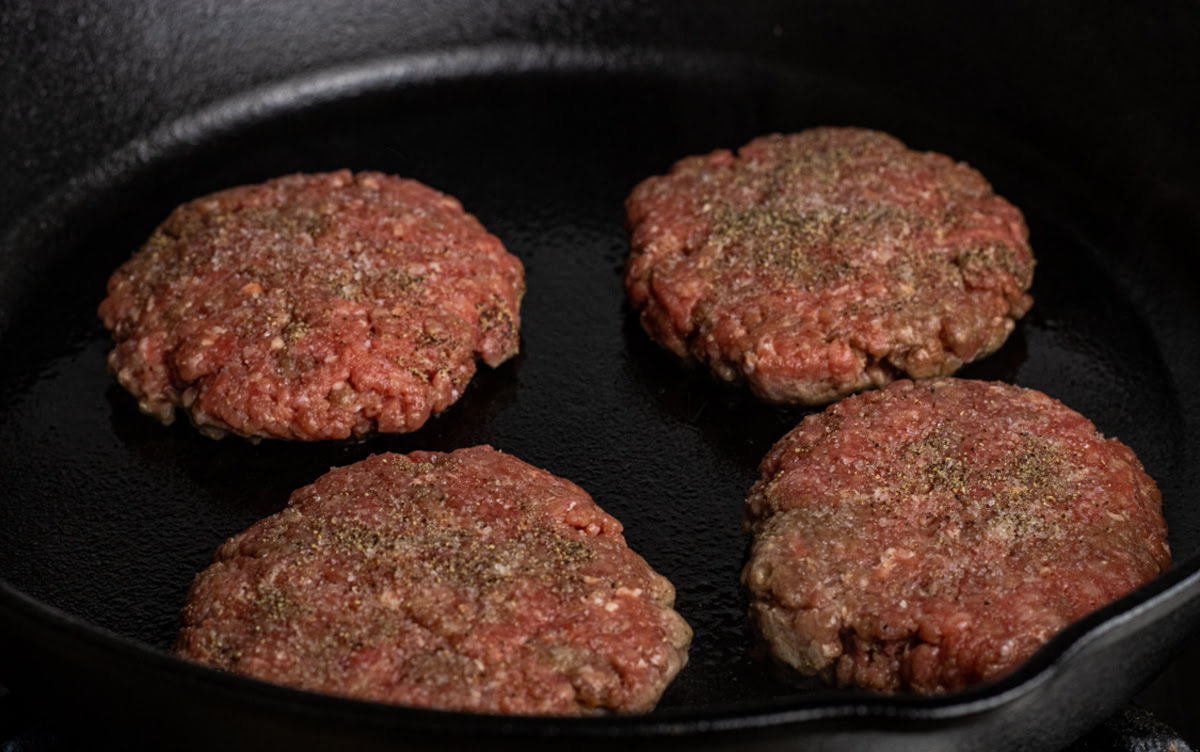
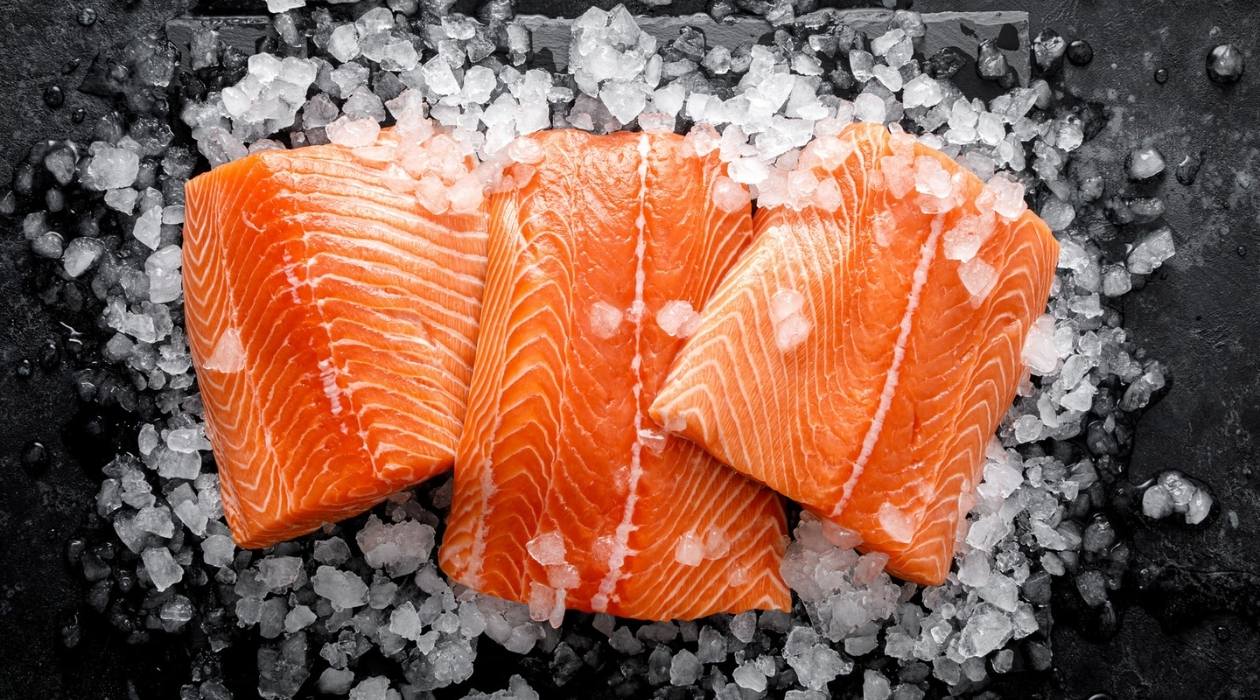
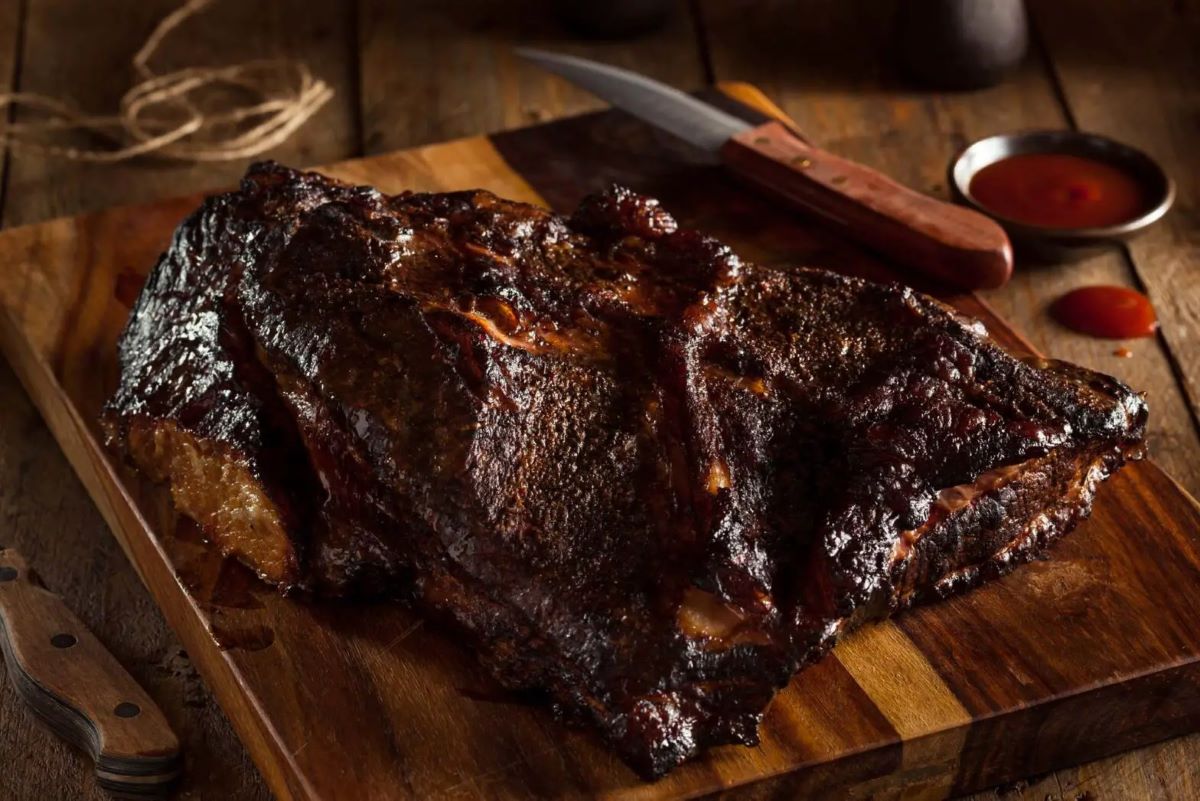
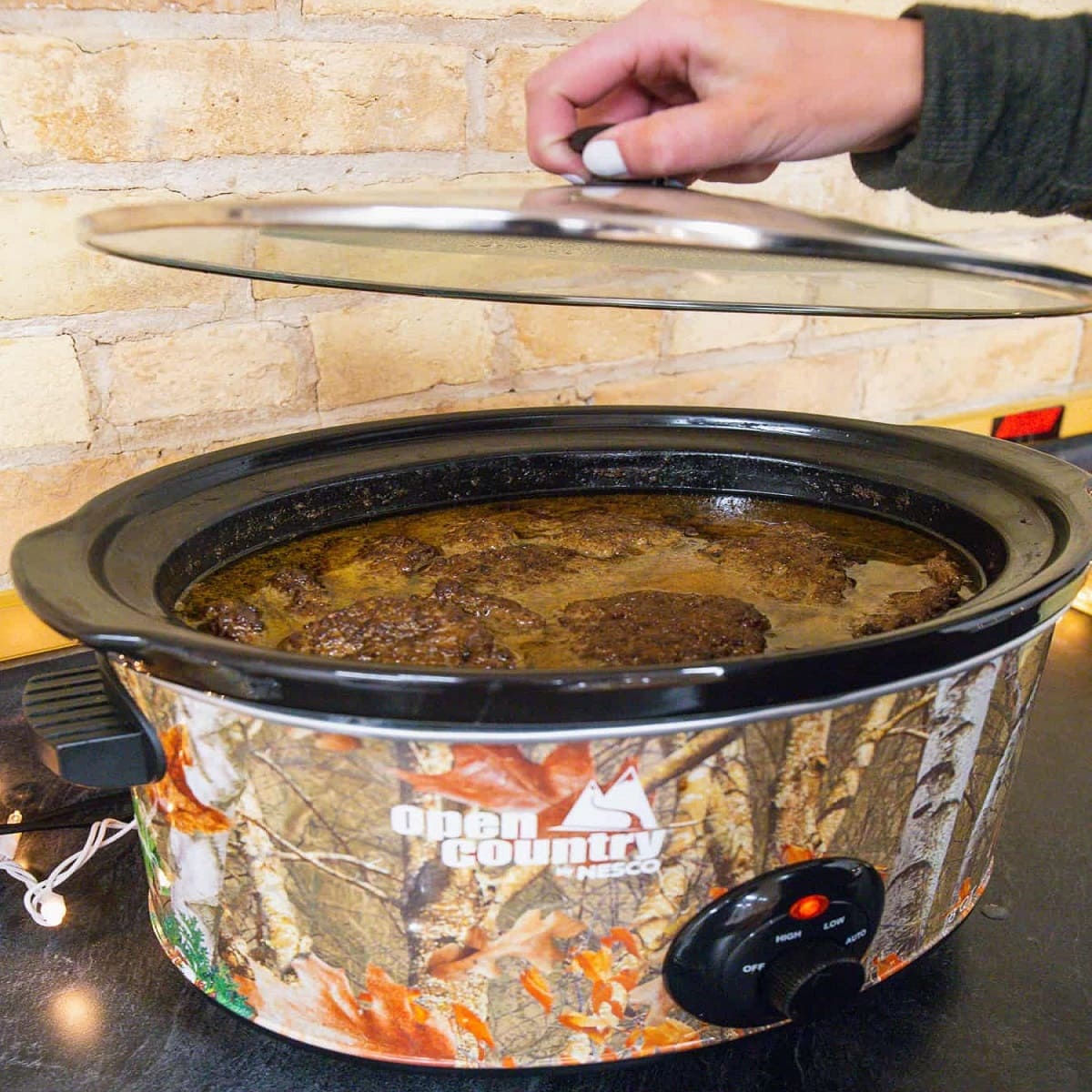


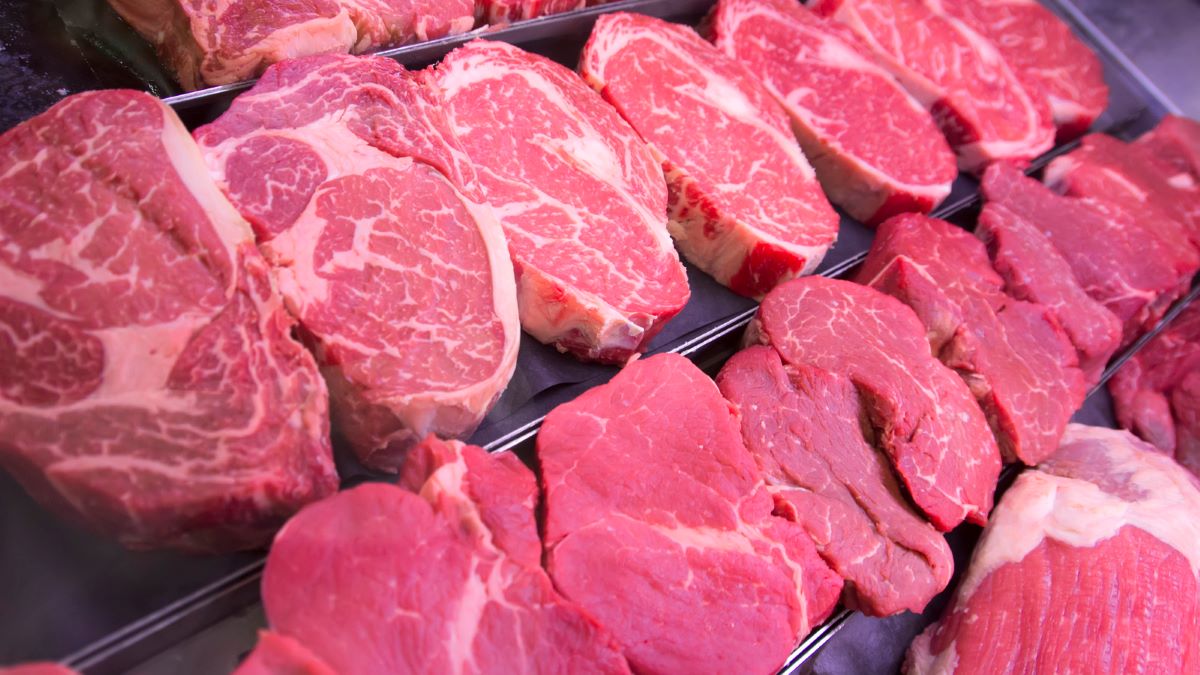
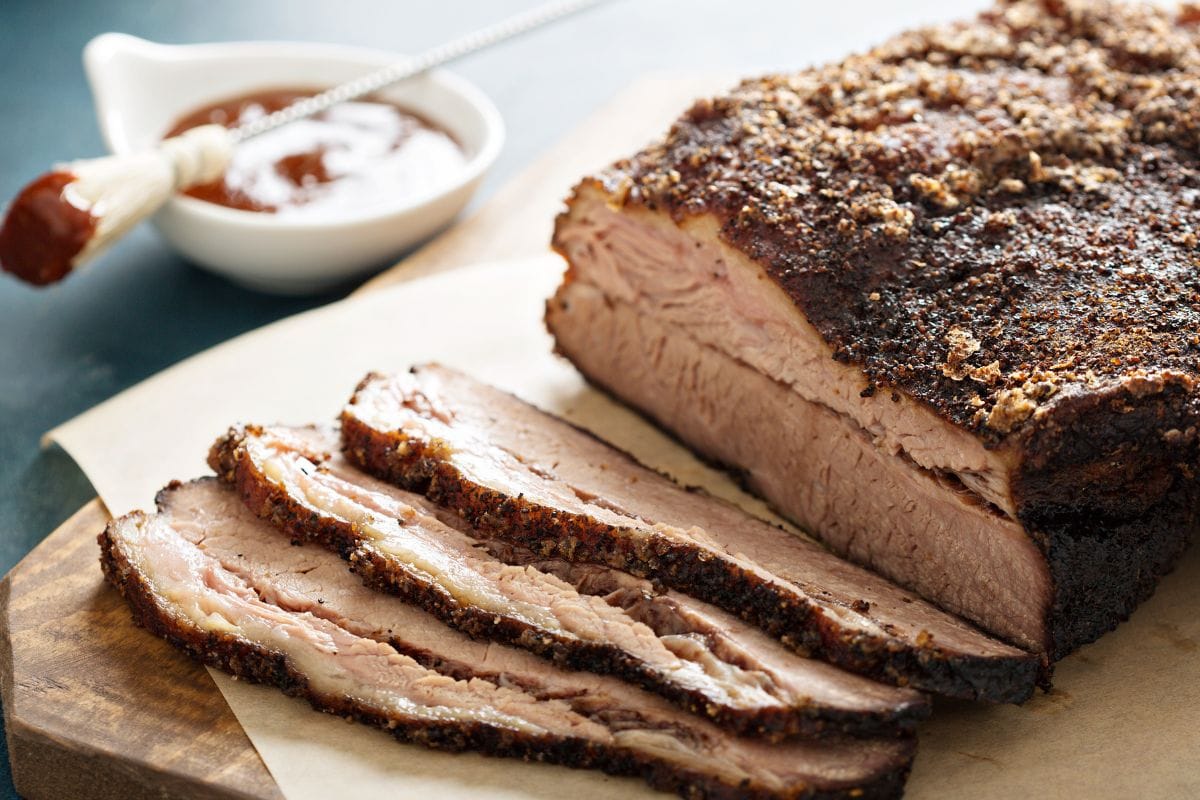

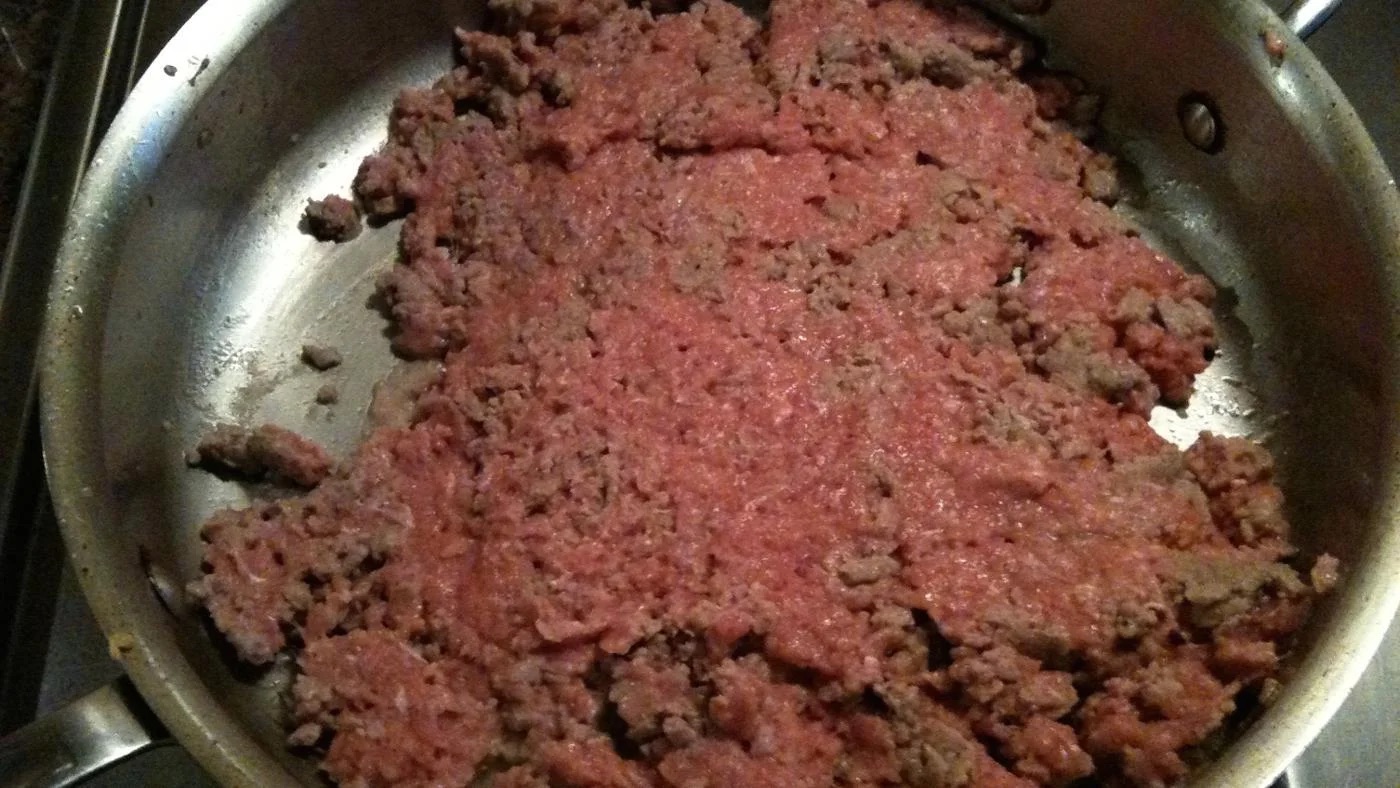
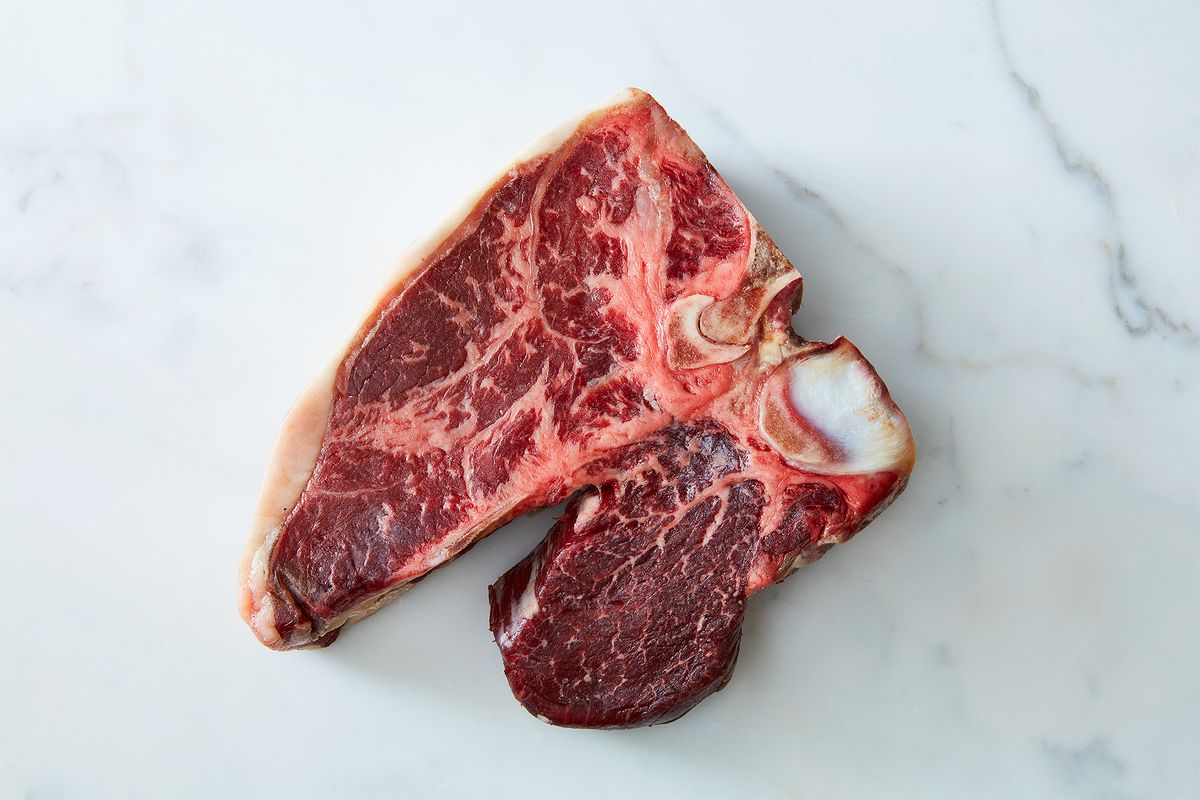
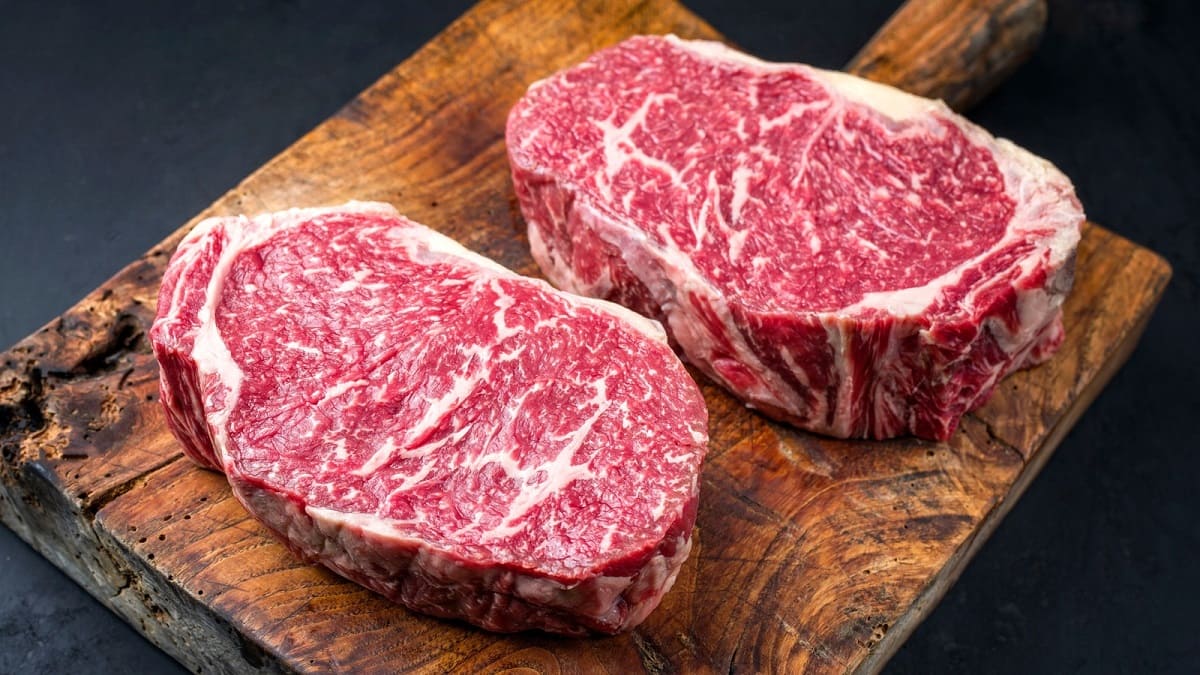
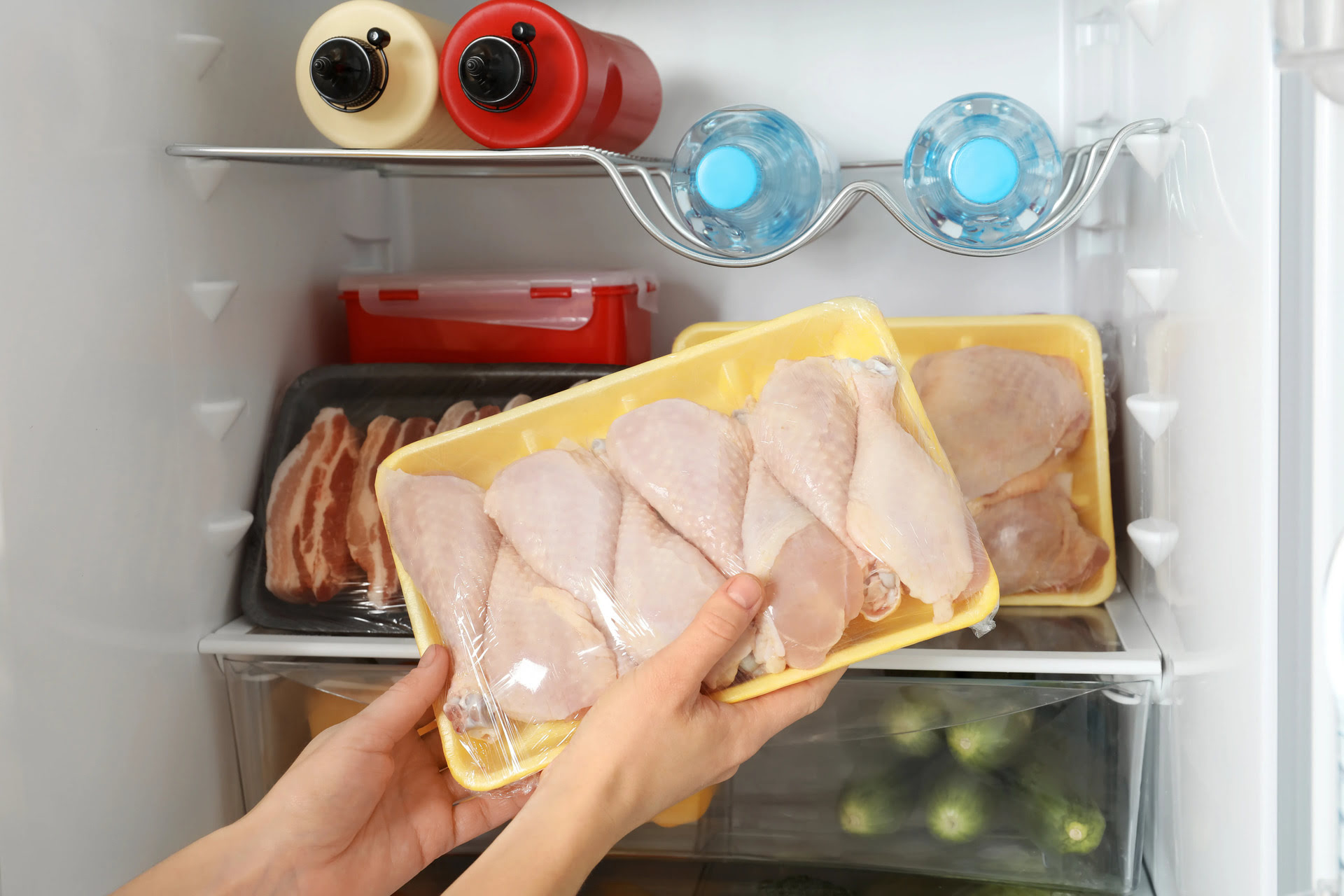

0 thoughts on “How To Store Hamburger Meat”